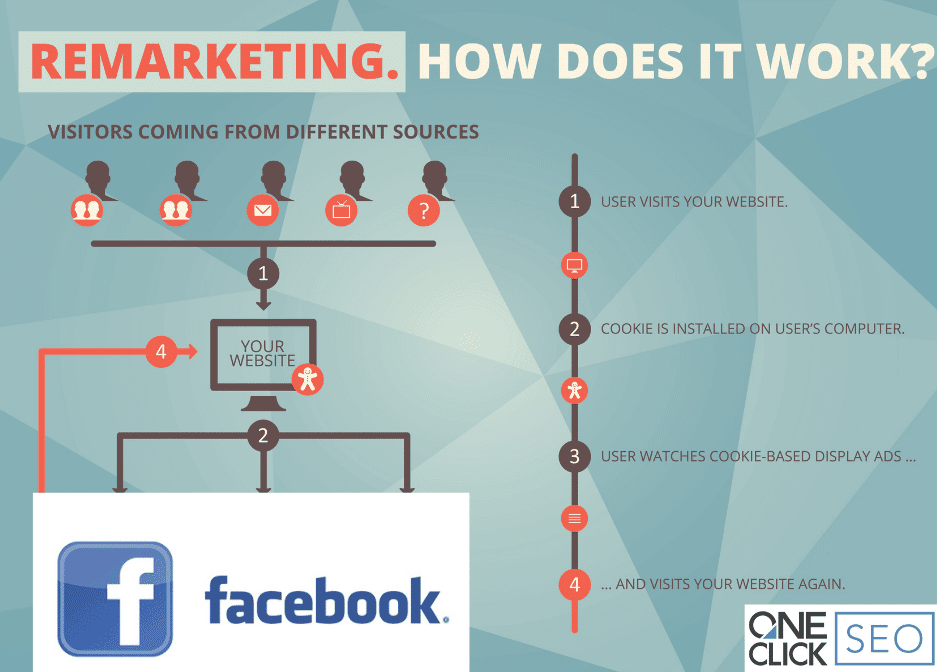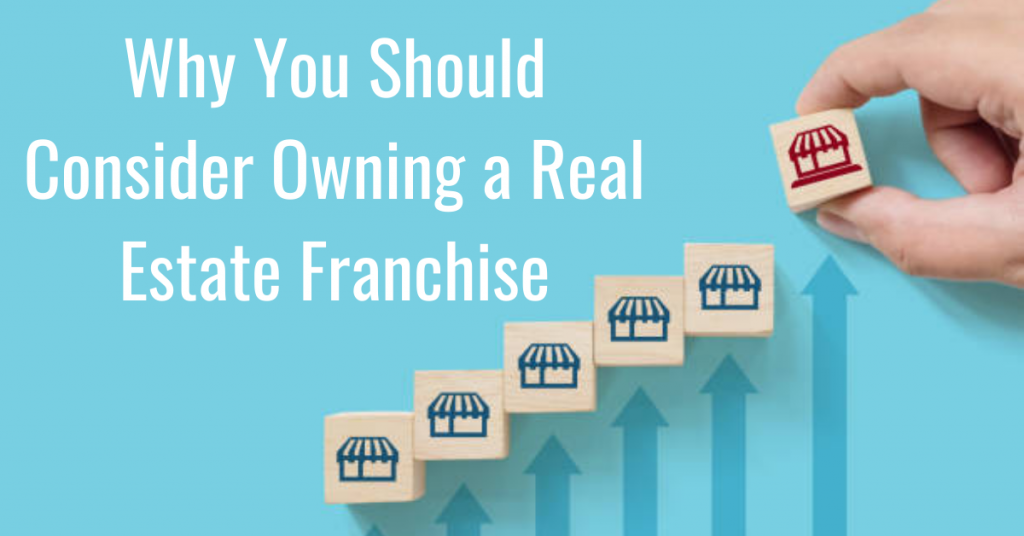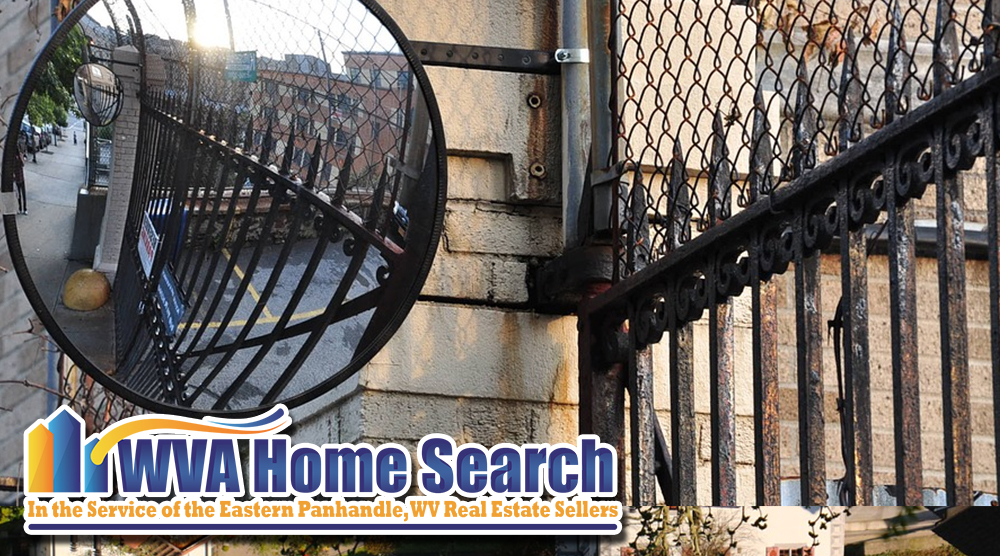The 10 Steps to Homebuying
You need to get your finances in order and find the right lender for your mortgage. But there are also fun things.
We have broken down the 10 best steps to buying a house. We call it a buying a house checklist. There are choices to be made and things to do at each step. Some steps are very stressful, others are quite cool, and some are just plain annoying. Each step will get you closer to your goal of homeownership.
1. You must be prepared
Yes, it’s important to be financially prepared to purchase a house. (See Step 2 for more information). Are you emotionally ready to buy a house? Even though it is your starter home, you are making a significant financial commitment and planting roots.
It is important to consider your future goals. Is it possible to buy with a partner? If so, how are you going to spend your money? Are you willing to move for work? Do you have thoughts of starting a family? These big-picture considerations can help you decide if this is the right time for buying a house.
2. Make sure you have your finances in order
You may make the largest financial decision of your life by buying a house. Before you do, ensure that you have solid finances.
A home affordability calculator will help you calculate your budget. It takes into consideration your income, debts, and location. (More on down payments later). This calculator will show you how much your monthly mortgage payments could add up, and what your financial situation might look like as a homeowner.
This is important to keep your dreams in check. Although you might be eligible for a substantial mortgage, that doesn’t necessarily mean that you want to dedicate that much of your income to housing.
Also, check your credit score. Higher credit scores are the best way to get a lower interest rate on a mortgage. Learn about the different mortgage options available to you based on your credit score. It may be worth waiting to get homeownership if your credit score is not in good shape. Instead, do what you can to improve it.
Do you need a credit check?
Register for an account and get your credit score and report instantly.
3.Plan for the down payment
Once you have determined your financial capabilities, you can determine how much money you will need to save for a downpayment. Many homeowners choose to make a smaller down payment than 20%, even though it used to be the norm. While a smaller down payment will require less upfront money, it will mean that you’ll need to pay mortgage insurance. The minimum down payment depends on the type of loan you take out.
You may be interested in state programs for first-time buyers if this is your first house or if it’s been a while since you last owned one. Many provide financial assistance, including down payment assistance.
Nerdy tip – You will need to save money for more than the down payment. The closing costs typically range from 2% to 5% of the total loan cost. In case of an emergency, it’s a good idea also to have emergency funds.
4. Make a Wish List
I said there would be fun steps. It’s not hard to come up with a list, both of the essentials and of the nice-to-haves, for your home. There are many details to consider when looking for a home.
Attached house or detached house? A traditional single-family home might be the best option for you if you want a yard. If you live in an area with high density or don’t want to manage all the maintenance, a condo or townhouse may be the best option. Co-ops may also be an option in some cities.
Where is your ideal place? Now that you know where you want your home to be, and you have decided to stay in the state you live in, it is time to find a neighborhood. Consider safety, amenities, such as walkability, green space, or coffee shops, and costs. This can include property taxes, and HOA fees if applicable. You should also consider the school district. Even if you do not plan on having children, the school district can have an impact on the value of your home and affect your resale prices.
Are you looking for a move-in-ready or fixer-upper property? It’s easy to buy a house that you can move into. If you live in a competitive or expensive market, you may be able to afford a bigger house or move into a more expensive neighborhood by taking over a property that is in need of some TLC. You will have to do the work and pay the money to make the property livable.
5. Find the right mortgage to suit your needs
The type of mortgage that you choose to purchase a house will affect how much you can qualify for it, including the down payment amount and the repayment terms. The right home loan will increase your chances of approval, and could save you thousands over the long term.
It is important to understand the pros and cons of each type of mortgage before you make a decision about which one to choose. These are the most common types of mortgages.
- Conventional mortgages are mortgages that do not come with federal guarantee. These loans have lower down payments but require more qualifications.
- FHA loans are mortgages that are backed by Federal Housing Administration. Although these loans are easier to get than conventional loans, they have more stringent requirements regarding mortgage insurance.
- VA loans are available from the Department of Veterans Affairs for eligible spouses and active servicemen. You can make no downpayment on VA purchase loans
- Jumbo loans are mortgages that are higher than the standard lending limits and are used to finance houses. These loans usually require higher credit scores and larger down payments.
- You can wrap home improvement costs into your home loan with renovation loans. This can allow you to borrow more money for repairs, even at low mortgage rates, and pay less interest than with a personal loan or other type of home improvement loan.
You may be able to choose between an adjustable-rate mortgage (also known as an ARM) or a fixed-rate mortgage. Fixed rates are fixed, while adjustable rates can change. As you may have guessed from their names, adjustable rates can fluctuate. The mortgage term will also be chosen. The most common mortgage term is 30-year, although there may be 10-, 15 or 20-year options.
6. Pre-approved for a mortgage
Now you know what your homebuying budget is and have decided which type of loan you will need. It’s now time to search for a mortgage lender. There are many lenders available, including large brick-and-mortar lenders with familiar names, nonbank online lenders, and smaller credit unions and local banks that might offer better service.
The first step in looking for lenders is to determine if they offer the loan type you need. If you have made a decision to get an FHA loan but they are not an FHA-approved lender then move on. Beyond that hurdle, it’s important to compare their sample rates with current mortgage rates, determine your closing costs, and compare mortgage origination fees. Most likely, this information is available on their websites. However, to obtain more numbers, a loan officer will be required.
It is important to work with a lender in order to be preapproved for a mortgage. The lender will be able to give you accurate numbers if you have provided detailed financial information. This includes a hard inquiry that will be reflected on your credit report. Good news: Multiple lenders may not count the application as one hard pull.
It can take a lot of time to gather all documents needed for preapproval. It will be worthwhile. You can get a Loan Estimate along with the preapproval letter that will tell you how much the lender is willing to lend you. Although this form is not final, it allows you to compare rates, fees, and other costs between lenders since they all use the exact same form. Preapproval letters are typically valid for 60 to 90 days. After that, they will need to be renewed.
Preapproval letters can also show sellers and agents that you are serious buyers who can obtain financing. This can help you gain an advantage over other home-shoppers. It’s not the same thing as pre-qualification. This is a rough estimate of the amount the lender may allow you to borrow.
7. Locate a real estate agent
Now that you have your preapproval and you know what type of house you want, let’s start looking for someone to help. A good real estate agent can make all the difference in the buying process, whether they are able to help you find the right house or provide moral support during the frustrating search.
Interviewing at least three agents is a smart idea. Ask friends and family who have recently purchased a home if they would recommend their agent. The one rule is this: Do not use the agent selling your home. Your agent should be able to advocate for you and negotiate on your behalf.
The seller usually pays a commission to the buyer’s agent. Although you will sign a representation agreement, the seller won’t pay you.
8. Go shopping!
This step is worth an exclamation mark. It’s time for you to go beyond scrolling through real estate listings online and to actually visit some homes in person. You might only get to see a house once before you decide whether or not you want to make an offer. This is especially true in hot markets. Do not let other home buyers or the agent of the seller get you discouraged.
To help you remember what to offer, take photos with your smartphone. While it might seem easy to remember the charming breakfast nook or an extra bedroom that would make an ideal home office, the older appliances or decking that need replacing could be hard to see. You should discuss potential issues with your home inspector to determine if they could affect the price you offer.
9. Make an offer
Have you found the right home for you? It’s time to make an offer. A real estate agent can help you find comparable sales information as well as any insight about the sellers that they may have gleaned from their agent (e.g. if they have already moved to a new area and are more motivated to sell). A real estate lawyer may be helpful. A lawyer may be required in certain states to assist with any real estate transaction.
You can make a counteroffer if the seller declines to accept your offer. It all depends on why they turned it down. Talk to your agent if the seller objects to your offer. You can then decide whether you will accept it or not. These negotiations are where a buyer’s agent truly earns their money.
Accepted offer? Congrats! You’re now ready to move on. This is also when you’ll likely write your first check. The earnest money is the deposit you make towards the purchase of the house. It is usually placed in an escrow account and most buyers use it to close the deal.
10. Apply for a mortgage
Now you know what property you want to purchase and how much it will cost. You will now choose a lender to obtain a mortgage. You’ll work closely with a loan officer even if you apply online.
This is a lengthy process that requires a lot of paperwork. Be prepared to upload a lot. Here are the things you will likely need:
- W-2 forms for the last two years (possibly even more if your employer has changed).
- Pay stubs for the last 30-60 days
- Documentation of gift money or proof of other income sources is required.
- The Federal Income Tax Returns for the Past Two Years.
- Recent bank statements (usually from the last few months).
- Information about long-term debts such as student loans or car loans.
- ID and Social Security number
After your mortgage application has been submitted, you will be subject to underwriting. The lender will make the final decision about whether or not to approve you for the loan. This is basically ensuring that there are no risks in the deal.
You may have to provide additional documents if you need to underwrite. A lender will also inspect the property you have chosen (see Step 13 below), and request a title search.
















